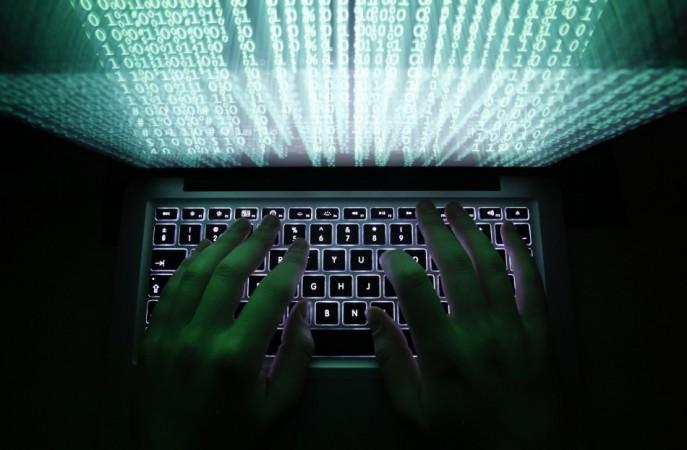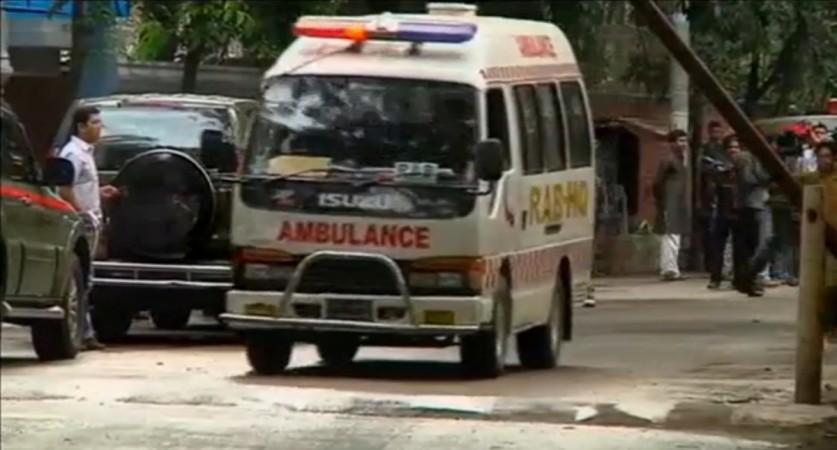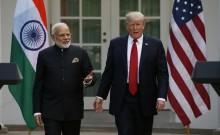Prime Minister Narendra Modi took cognizance of the coronavirus pandemic to announce the launch of the National Digital Health Mission (NDHM) in August during the Independence Day speech. Under this mission, unique health IDs will be created for individuals to maintain their health records. From doctor's appointment to maintaining hospital documents and even depositing money, the NDHM would address all concerns. But is that all the concern that needs addressing?
Data protection is going to be a huge part of NDHM and lack thereof poses a serious problem. The fact that an individual's entire medical history will be recorded under a digital health ID is not without concerns. This is despite repeated assurance from the Centre that the NDHM policy was a result of years of consultation and not a rushed undertaking.
The new health ID is proposed as a voluntary option and individuals may opt-out anytime. The health ID will hold crucial information such as tests, prescriptions, treatment and medical records. Taking the example of Aadhaar, the 12-digit unique ID which records individual's fingerprints, face and iris scan, there are legit concerns that National Health ID would be mandated on all citizens of India.

Concerns over data privacy
Privacy advocates raise concerns about the point in the policy that allows sharing of anonymized data with third-parties. Besides the risk of data abuse, human rights campaigners fear that individuals might be denied services if they choose to opt-out.
"God save us from the tyranny of the National Health ID. Was listening to the govt brief on this, and, oh my God, my ears began to hurt. When you visit a doctor in the future, your digital health ID will show them your entire medical history," Shehla Rashid, VP of JNU Students' Union, said.

Rashid also expressed skepticism on the fact that the data would be secure and won't be misused.
"The government says it wants to do analytics and trend forecasting to improve the healthcare system - that is a form of health surveillance. Your health data - once it's out there, it's out there. You can't do anything about it," Raman Jit Singh Chima, Asia policy director at Access Now, a digital rights non-profit, had said.

















